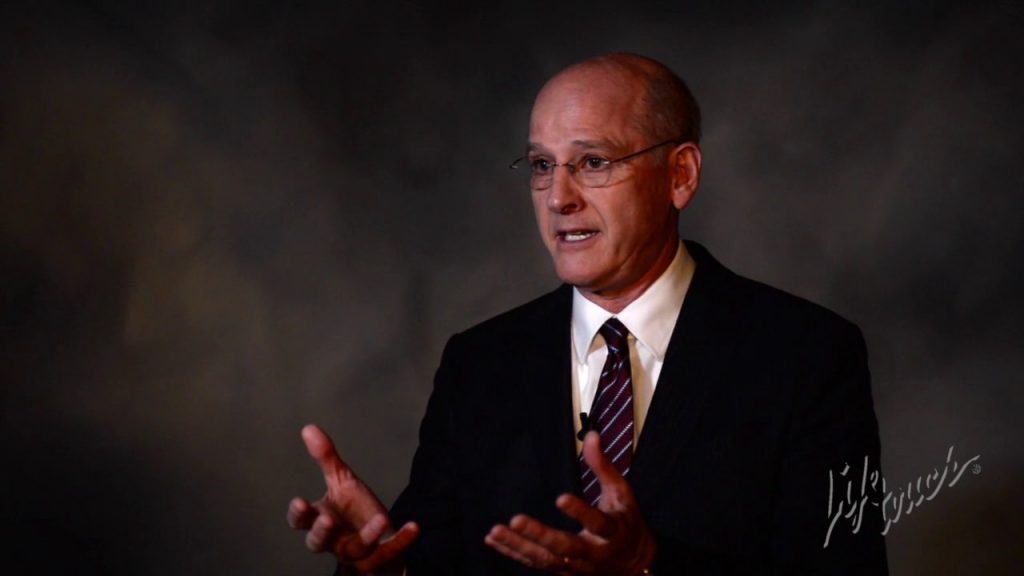Public schools advocate Jamie Vollmer can recall when the tide of positive public education turned. It was 34 years ago, with the publication of “A Nation At Risk,” and the public first heard the claim about the public schools’ “rising tide of mediocrity.”
Those words “set loose was a rising tide of insanity,” Vollmer said at Thursday’s 1st General Session. The comment was met with an appreciative chuckle from the crowd of educators.
A former businessman and the author of Schools Cannot Do It Alone, he recalled the torrent of criticism that has been unleashed ever since from “reformer” ideologues, governors, legislators, business leaders and the public. The competency and character of teachers and school administrators came under fire.
“Viral negativity” is the term Vollmer uses to describe the loss of public favor. Governors employed “the language of blame” and belittled educators, destroying morale and starving them of resources they need to do their work effectively.
“Spend an hour inside a school and you’ll see that society’s mandate is not teach our kids, it’s raise our kids,” Vollmer said.
Legislators joined the chorus of those disenchanted. The perception was that the problem with schools was a “people” problem. They began passing laws that were all “about tough-talking accountability,” Vollmer said, but those laws often made no sense. Some laws, he said, were “patently stupid” and went against best practices identified by research.
Even business leaders, the natural allies of educators because they develop the talent of the next generation were talking about punitive measures against schools they would never adopt in their own businesses.
Creating 21st-century schools is the biggest challenge education leaders have ever faced. In Thomas Jefferson’s day, the industrial society only required a small group of students to be learned and most students were to be laborers. Today, all children must become knowledgeable.
“Now is the time to make the case for public education,” Vollmer said, because criticizing public education “has become a blood sport. “We are engaged in a struggle for public education which is tantamount to a struggle for democracy itself.”
“Educators can and must have this conversations to safeguard public education,” Vollmer said.
Schools Cannot Do It Alone is available for sale in the AASA Bookstore.
(By Liz Griffin is senior reporter for Conference Daily Online.)


